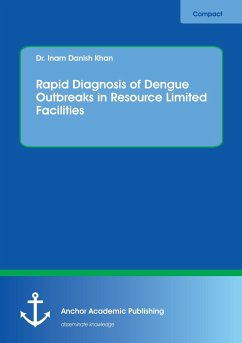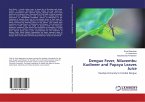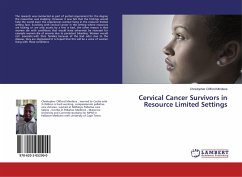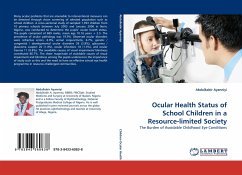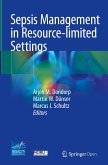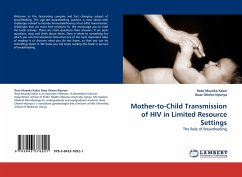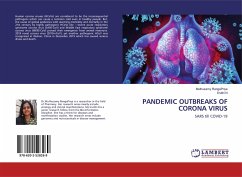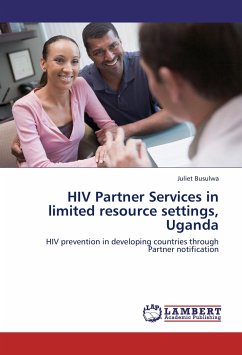Dengue is a tropical, mosquito borne flavivirus infection and a leading public health problem in India. Four serotypes DEN1-4 cause high morbidity and mortality. Dengue is a spherical, lipid enveloped, positive stranded RNA virus having a 10200 Kb RNA genome coding for three structural (capsid C, premembrane PrM, and envelope E) and seven nonstructural proteins. Early, sensitive and specific diagnosis is paramount for patient management, prevention of complications, etiologic investigation and disease control. Early diagnosis is achieved by NS1 antigen detection, nucleic acid amplification and virus isolation. Diagnosis after five days is conferred by IgM/IgG based serological techniques such as ELISA, hemagglutination inhibition, complement fixation and neutralization test.
The aim of this study is to compare serological and nucleic acid based methods for early diagnosis of dengue and differentiation of serotypes. For this, Dengue was diagnosed using NS1 antigen, IgM/IgG LF-ICT, IgM µ capture ELISA, RT-PCR and tests were compared. M-PCR was done to identify serotypes.
The aim of this study is to compare serological and nucleic acid based methods for early diagnosis of dengue and differentiation of serotypes. For this, Dengue was diagnosed using NS1 antigen, IgM/IgG LF-ICT, IgM µ capture ELISA, RT-PCR and tests were compared. M-PCR was done to identify serotypes.

